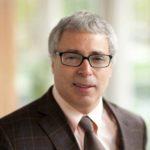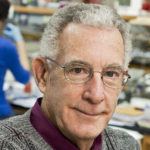
#37 – Zubin Damania, M.D.: Revolutionizing healthcare one hilariously inspiring video at a time
“The idea that you can optimize a particular regiment to the goals of that unique patient is the foundation of what we call Health 3.0.” —Zubin Damania

Another name for madness
Alzheimer’s disease often doesn’t just strike one person. Alzheimer’s caregiving is something that might hit us at any time.
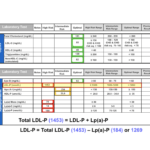
#24 – Tom Dayspring, M.D., FACP, FNLA – Part V of V: Lp(a), inflammation, oxLDL, remnants, and more
“Use the correct terminology with everything.” –Tom Dayspring
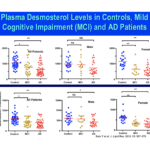
#23 – Tom Dayspring, M.D., FACP, FNLA – Part IV of V: statins, ezetimibe, PCSK9 inhibitors, niacin, cholesterol and the brain
“This is what it ultimately comes down to – and it’s the way you practice – you’ve got to individualize everything.” –Tom Dayspring
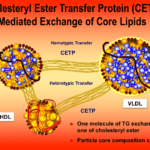
#22 – Tom Dayspring, M.D., FACP, FNLA – Part III of V: HDL, reverse cholesterol transport, CETP inhibitors, and apolipoproteins
“Here’s something that’s going to shock you: in an average person, anywhere from 30 to 60 percent of the cholesterol in that LDL particle arrived via an HDL particle.” –Tom Dayspring


